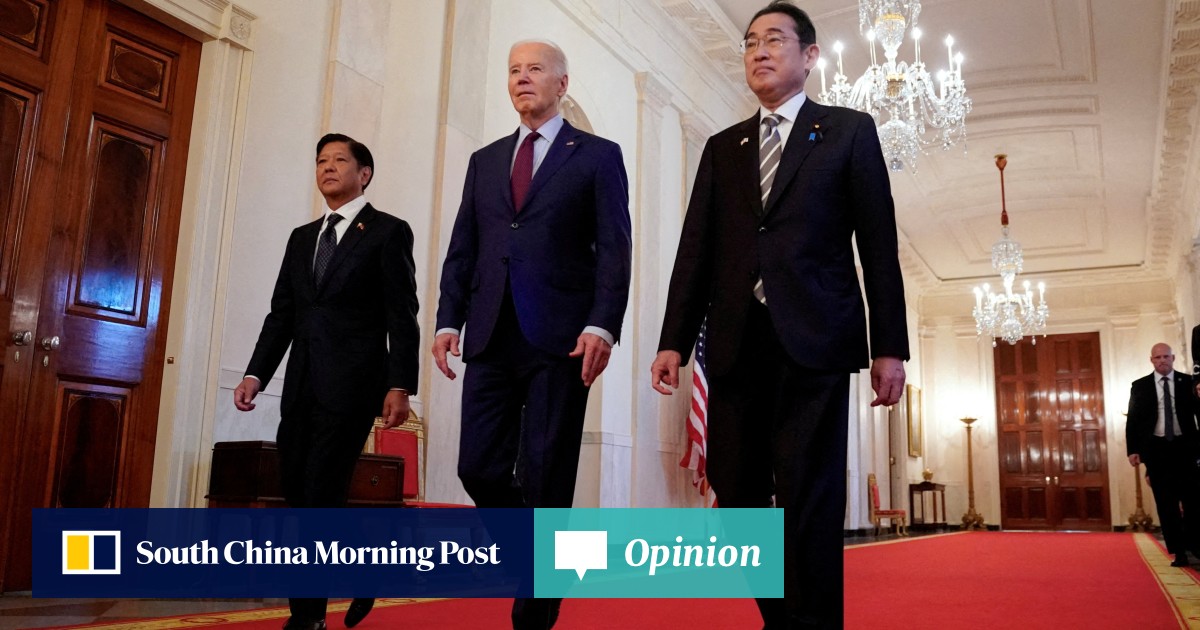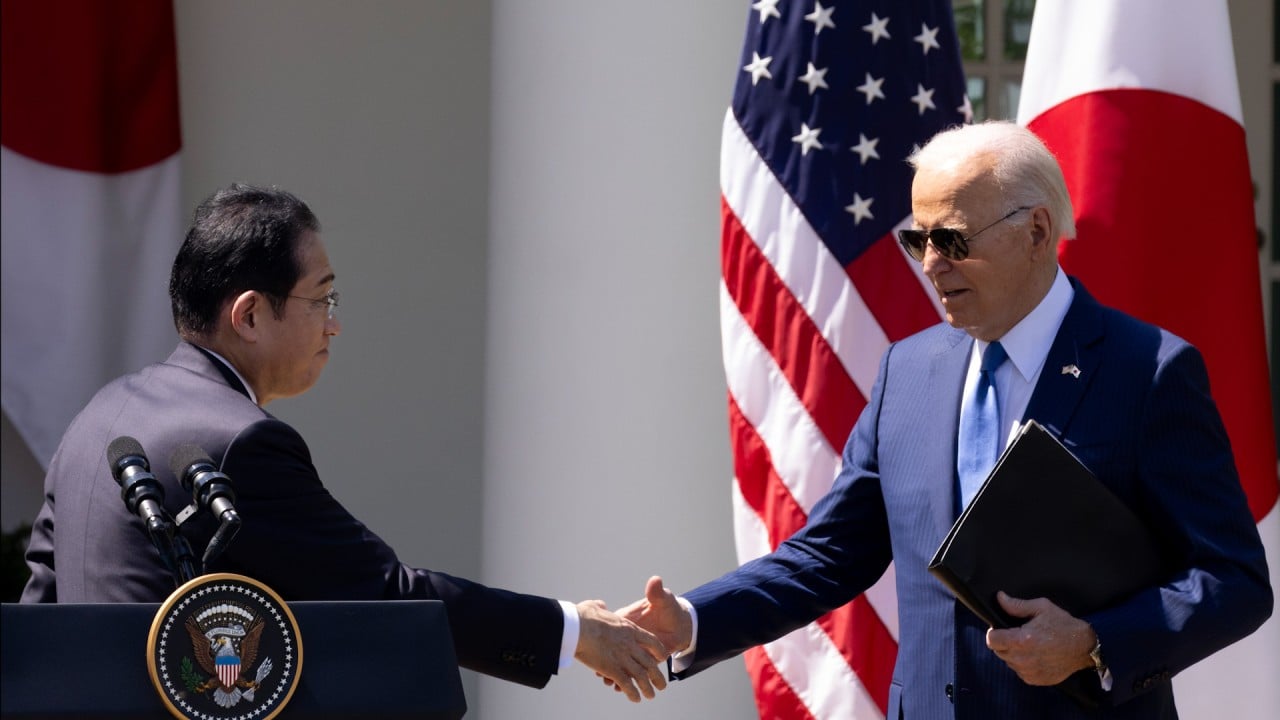Biden’s efforts to cement alliances and partnerships in the Indo-Pacific region have come at a time when appetite for bilateral, multilateral and minilateral cooperation against China’s advancements is growing.
In a recent interview, Nato secretary general Jens Stoltenberg said the Atlantic alliance had to cooperate with other actors beyond its geography to counter a budding alliance of authoritarian powers formed by China, Russia, Iran and North Korea. In this respect, he explicitly cited Japan and South Korea as potential partners in Nato’s expanded focus.
That said, Trump’s possible return to power is actually agitating Biden’s Indo-Pacific interlocutors, who are rushing to calm domestic opinion.
Kishida has emphasised that his country’s alliance with the United States would remain unbroken even if American voters elect a new president. The Philippines says as much, as does South Korea.
Taiwan is undermining its own ‘silicon shield’
Taiwan is undermining its own ‘silicon shield’
The problem for US allies and partners in the vast region is that Trump’s backing in the confrontation with China cannot be taken for granted.
He recently caused concern when he said he would not defend Nato allies against Russia if they did not meet their financial obligations. If he were to abandon Ukraine to its destiny in the conflict with Russia, as suggested by Hungarian Prime Minister Viktor Orban after his meeting with the former US president in March, US allies in the Indo-Pacific would not be counting on a new Trump administration to defend them.
According to the joint statement after the three-way talks between Biden, Kishida and Philippine President Ferdinand Marcos Jnr, the three countries’ coastguards “plan to conduct an at-sea trilateral exercise and other maritime activities in the Indo-Pacific” within the next year.
A military presence in the Western Pacific is a cornerstone of Washington’s China containment strategy. However, Trump has never loved joint allied exercises and patrols. In 2019 he said a US-South Korea combined military drill was “unnecessary” and a “waste of money”.
To maintain Biden’s alliance architecture in the Western Pacific, Trump would have to find it attractive. This means Japan must deliver on its commitment to rearmament, which seems to put it in a bind, given that the Japanese government is planning tax increases to cover the rising military outlays. South Korea might have to pay a larger share of the cost of maintaining US troops on its soil, and Taiwan could be asked to invest more in the US chip industry in return for military assistance.
The Aukus deal is also likely to be in the firing line; Trump may expect more funds from Australia for the US shipyards building Virginia-class attack submarines. Under the Aukus partnership, Canberra should be able to buy between three and five of these subs from the early 2030s. However, the Biden administration is scaling down submarine production amid long-standing backlogs at US shipyards and funding problems, with US Navy secretary Carlos Del Toro working to attract Asian investment to US shipbuilding facilities.
Ultimately, Trump doesn’t just believe that US military might alone, rather than collective security, is enough to deter a Chinese armed adventure. He is also persuaded that he himself is the strongest deterrent to China. His unpredictability is a political factor US allies and partners will have to deal with again should he win re-election.
Emanuele Scimia is an independent journalist and foreign affairs analyst


